|
Let me just say upfront that I personally think that the term sharing economy is a bunch of marketing and PR bullshit. My more diplomatic self would say that the sharing economy (as the media tells it) is a bastard misrepresentation and it will have consequences that will be written off as unintended in the future, but that are presently known by the current architects of this economy. The sharing economy (aka the peer-to-peer, mesh, or collaborative economy; also called collaborative consumption) is formally described as a socioeconomic system built around the sharing of human and physical resources. It includes the shared creation, production, distribution, trade and consumption of goods and services by different people and organizations. These systems seek to empower individuals, corporations, non-profits and government with information that enables distribution, sharing and reuse of excess capacity in goods and services. A common premise is that when information about goods is shared, the value of those goods may increase, for the business, for individuals, and for the community. Unfortunately, this vision of a sharing economy and the current companies that are sold as embodying this economy are at odds with each other. Businesses, like AirBNB, TaskRabbit and Uber, are often touted as the success stories of the sharing economy - unleashing the potential of the ordinary citizen to help his or her fellow citizen (for financial gain). However, the motives of these businesses are very clear - how to capitalize on cheap (if not free) resources, i.e. humans, their time and their possessions, to make a profit by decentralizing (or deregulating or disrupting) an existing sub-optimal industry or industry sector. The idea is simple and brilliant.
I call this a Gig Economy. Everyone has a gig. It is a new class of service industry where workers are expected to operate like micro-businesses with full risk, no union representation and very little safeguards. The Gig Economy (or the Share-The-Scraps economy, as Robert Reich calls it) is far different from the Sharing Economy and it is evident to me that one is playing off the goodwill and promise of the other to move itself forward. If I can see it, then others can too. The first interesting phenomena is that this economy is projected to be at least twenty times bigger than it currently is within the next decade; settling in at revenue growth around $355 billion dollars. And though there is discrimination in this gig-gy environment (see here), minorities are still drawn to it for several reasons.
They are drawn to it as service consumers, because it offers a higher level of service that they were receiving in the industry before. Ask a black man having a night out in Washington DC to compare his "taxi" experience now versus when he did the same thing in 2007. I guarantee you that the majority of responses would indicate that the presence of Uber and Lyft has given him a lot of freedom and reduced his stress level. Minorities are drawn to this Gig economy as service providers, because it is an avenue that offers less institutional roadblocks to entry. A hispanic woman from the projects with few options and lots of ambition can easily find a well-paying gig that would help her tremendously in getting a better life. Is this good or bad? I leave that up to you to decide. I just want us to all be fully aware of what is happening. Eyes Wide Open. What are your thoughts?
0 Comments
Leave a Reply. |
Dr Tyrone Grandison
Executive. Technologist. Change Agent. Computer Scientist. Data Nerd. Privacy and Security Geek. Archives
May 2018
Categories |
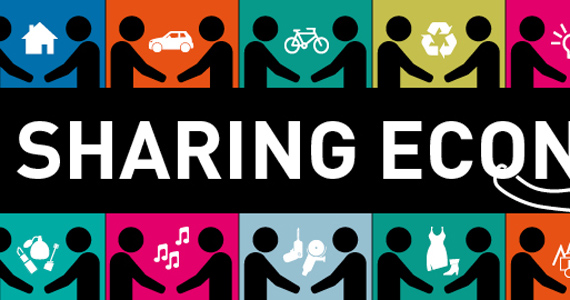
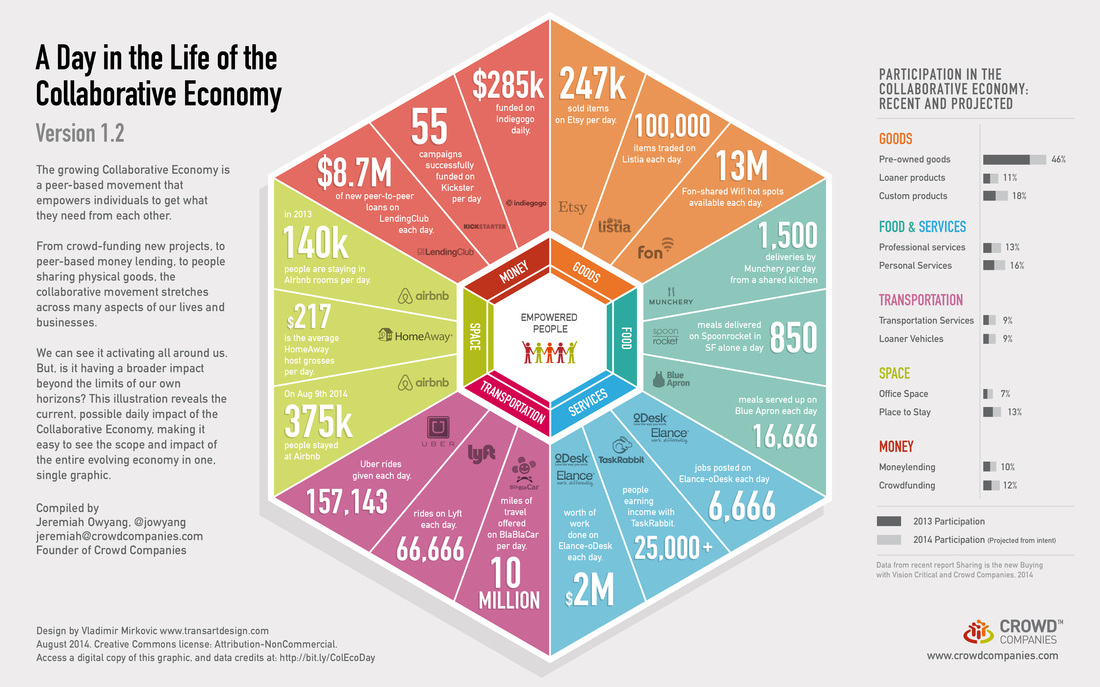
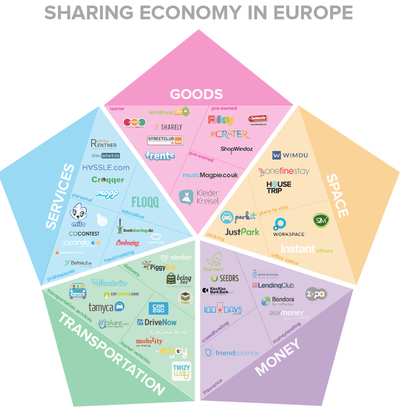
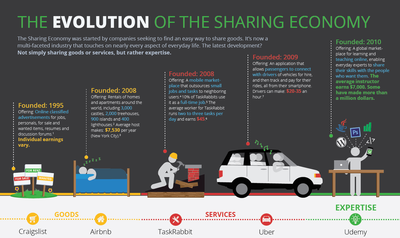
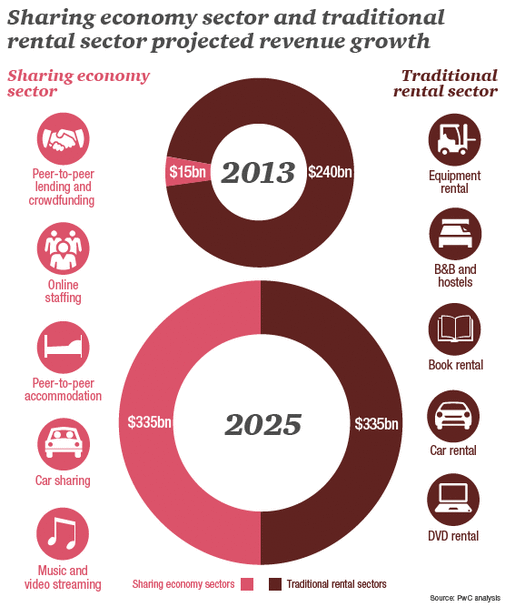
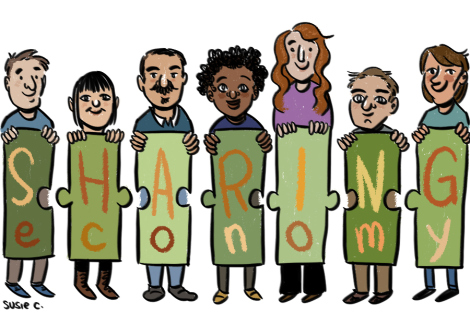

 RSS Feed
RSS Feed
